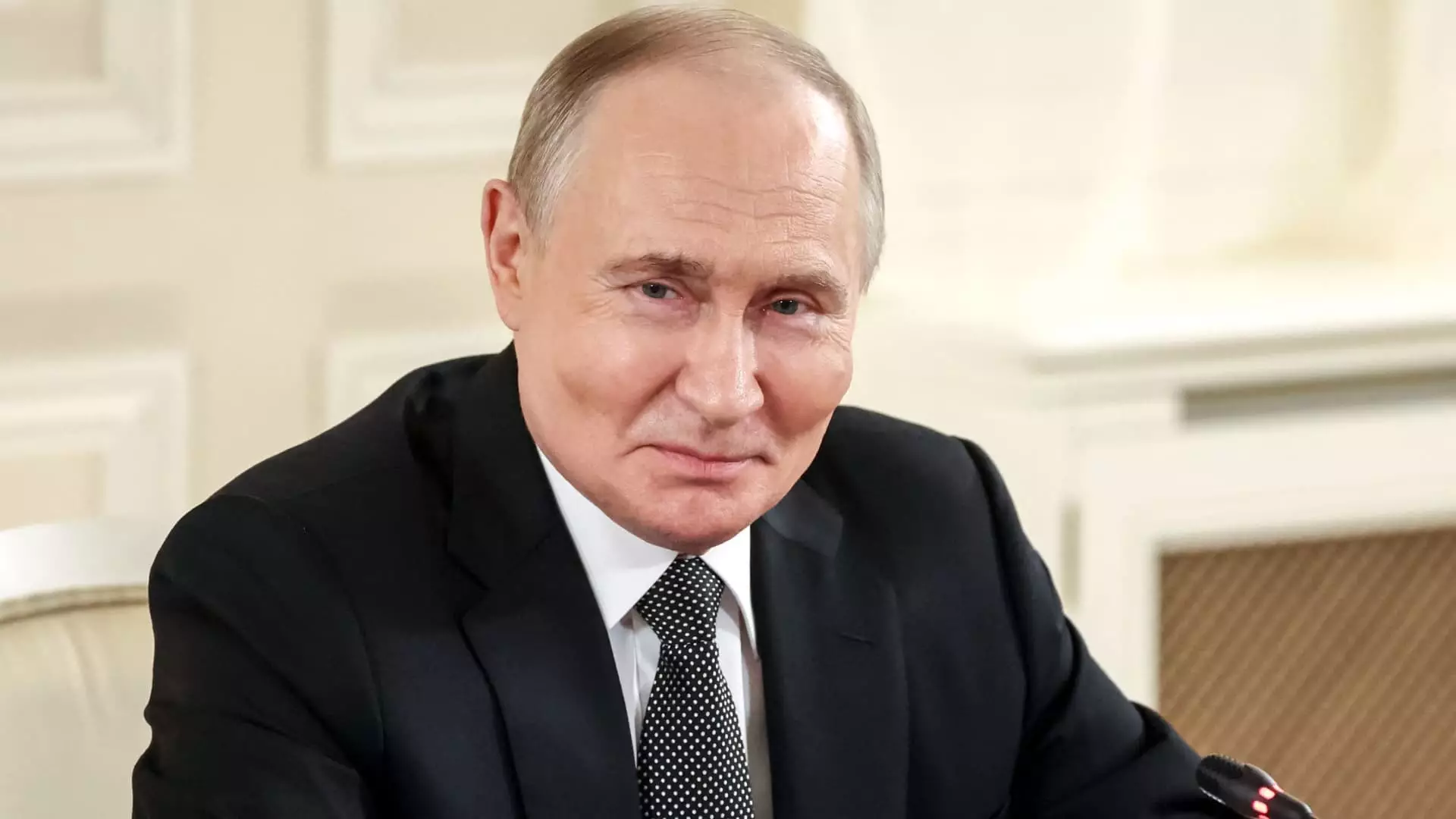In recent statements, former President Donald Trump expressed frustration with Vladimir Putin’s relentless assault on Ukraine, painting a picture that is both alarming and telling of a broader geopolitical malaise. While Trump’s critique may appear as a moment of candid honesty, it reveals a disturbing complacency that underscores many American political narratives today—an unsettling acceptance that conflict is somehow inevitable or beyond our influence. The rhetoric of “not being happy” with Putin’s brutality masks a deeper failure: our inability, or perhaps unwillingness, to grasp the gravity of unchecked aggression at the doorstep of democratic nations. Trump’s comments betray a troubling detachment from the moral urgency needed to confront dictatorial regimes, suggesting a resignation that borders on apathy.
The Illusion of Power and the False Hope of Negotiation
Trump’s claim that the Ukraine war “should have never happened” conveniently dismisses the complex history that led to Russia’s invasion. His implication that current events are a product of past administrations’ failings reduces a nuanced, multifaceted crisis to mere political blame-shifting. His assertion that supplying Ukraine with military aid is responsible for extending the conflict underpins a dangerous narrative—that standing by Kyiv is a provocation, not a moral imperative. This perspective dangerously undermines American leadership and perpetuates the illusion that diplomacy alone can resolve what is fundamentally a threat to democracy. When leaders whisper about “meaningless” diplomacy and absolve themselves of responsibility, they risk emboldening autocrats who thrive on Western indecision.
Misplaced Cynicism and the Erosion of U.S. Global Moral Authority
Trump’s frequent criticism of Biden and Obama’s policies reveals a subconscious pivot towards cynicism rather than strategy. His suggestion that past administrations’s decisions catalyzed Putin’s aggression ignores the broader geopolitical context: autocrats like Putin are rarely appeased, and their hunger for power demands a resolute response. The notion that American military aid is a catalyst for prolonging the conflict fosters a dangerous narrative that undermines our moral credibility. Instead of using our influence to promote peace and stability, advocates of such rhetoric sow doubt and embolden those who threaten democratic values worldwide. This approach is shortsighted, risking the erosion of American moral authority and ceding ground to authoritarian ambitions.
A Critical Need for Leadership, Not Indifference
The disconnect between rhetoric and action in American political discourse remains a barrier to truly addressing global threats. Trump’s dismissive tone, coupled with his cavalier remarks about Putin’s intentions, highlight a troubling tendency towards surrender or complacency. Real leadership requires acknowledging the stark reality: standing idly by while a tyrant commits mass atrocities is a moral failure. Our geopolitical role is not defined by half-measures or comforting illusions of diplomacy; it depends on the courage to confront evil head-on. If history has taught us anything, it is that silence and inaction are the true enemies of peace. It is high time that the West, especially the United States, reclaims its moral authority by choosing pragmatic strength over harmful neglect.


Leave a Reply